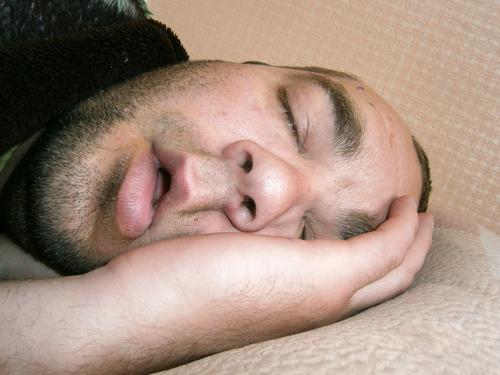Researchers recruited 292 patients that had undergone sleep studies called polysomnographies at the St Hedwig Hospital. These studies are regularly carried out on patients who experience sleep-related difficulties, using a special laboratory where patients are asked to sleep naturally without an alarm clock, and the quality and type of sleep can be monitored as well as the length of sleep. Although the sleep disorders could potentially affect the results, this makes for a large study group evenly spread throughout the year, allowing for the investigation of month-to-month differences.
The team excluded patients who were taking medications known to affect sleep, technical failures during the polysomnography, and REM sleep latency longer than 120 minutes, which suggested that the first REM sleep episode had been skipped. Once these exclusions had been made, 188 patients remained.

Most of their diagnoses showed no seasonal pattern, but insomnia was more commonly diagnosed towards the end of the year. The patients were based in an urban environment with low natural light exposure and high light pollution, which should affect any seasonality regulated by light, yet scientists still found subtle but striking changes across the seasons. Total sleep time appeared to be about an hour longer in the winter than the summer, but this result was not statistically significant. However, REM sleep was 30 minutes longer in the winter than in summer. REM sleep is known to be directly linked to the circadian clock, which is affected by changing light. Although the team acknowledged that these results would need to be validated in a population which experiences no sleep difficulties, the seasonal changes may be even greater in a healthy population.




Comments